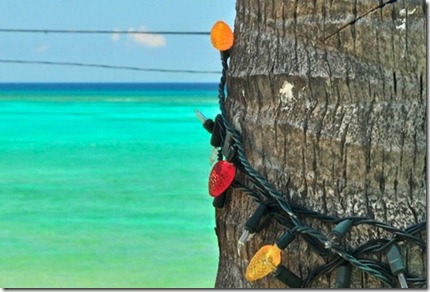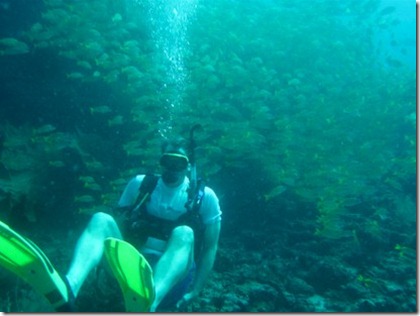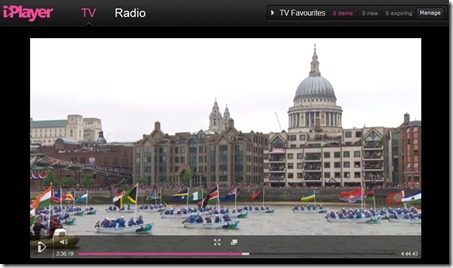Unhappy Divorce Day?
- “Divorce day is the lawyers’ nickname for January 3 when unloving couples return from the compulsory cheerfulness of Christmas holidays determined to seek new and separate lives in the New Year.”
Normally, I try to focus quite strongly on the resorts in the Maldives and not get into current affairs, culture, history or other aspects to this distinctive nation. Only the bits that the visitors face. If you want some insights into these other areas from a real insider, then, conversely, these subjects are precisely what Adrian Neville does focus on in the blog on his resort site Seven Holidays). But this recent news items, tweeted by Island Chic, was just too intriguing in its irony not to mention.
Apparently, the most romantic place on earth, where every day is a honeymoon in your backyard, is no guarantee to marital bliss. Not even the cupid’s arrow of sumptuous sunsets can guarantee nuptial eternity. The article ‘Top 10 Countries With The Highest Divorce Rate’ reports that the Maldives is not just the highest divorce rate in the world, but it beats out the runner-up (Belarus) by over a factor of two!
I suspect that part of the reason is the distortion of small numbers (when you have such a small population sample, then minor deviations have big effects on the percentages).






